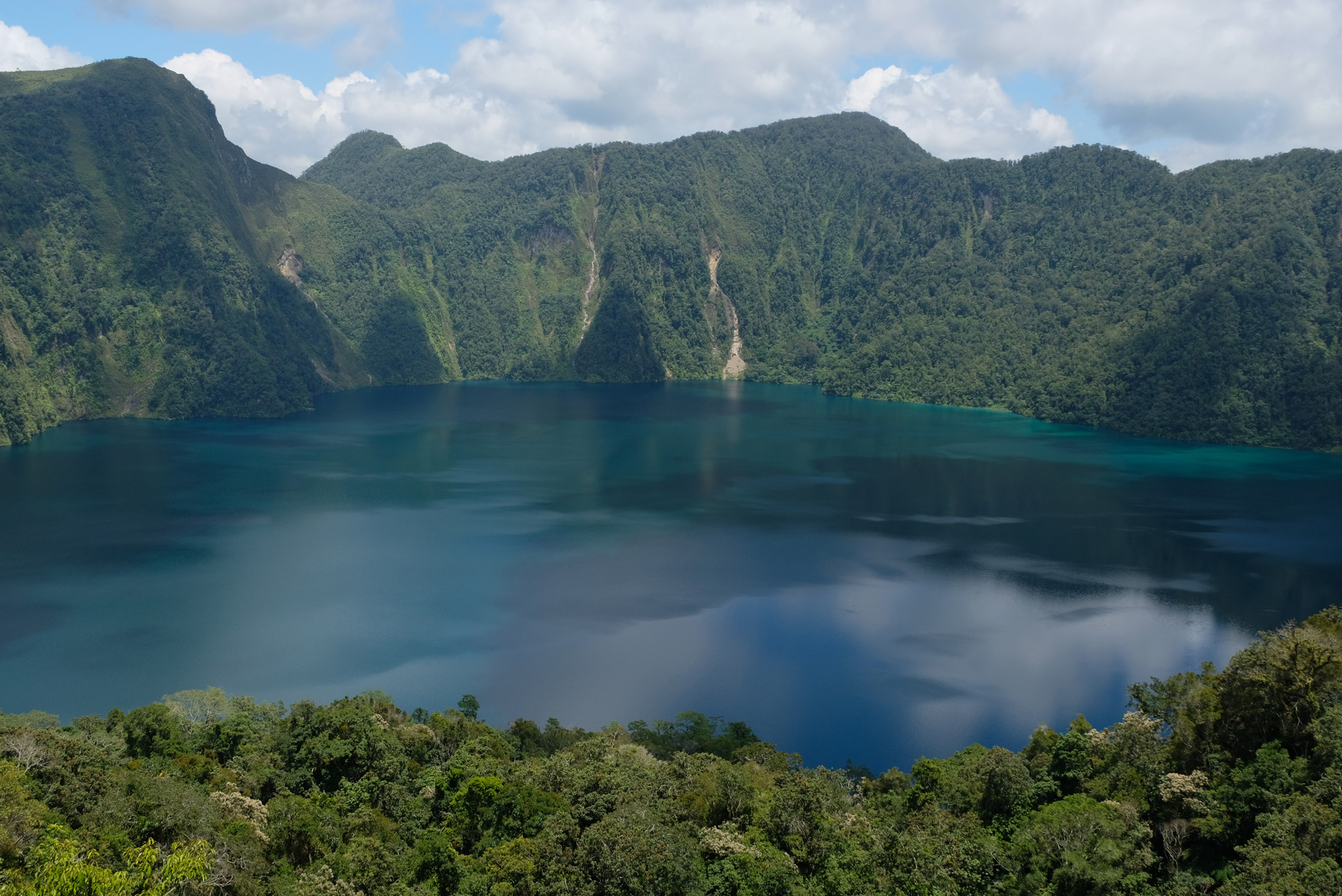South Cotabato’s Lake Holon off-limits to tourists for 2 months

SACRED WATERS Lake Holon, once known as Lake Maughan, is considered a sacred place by the T’boli people in South Cotabato. According to folklore, Holon is protected by 15 guardians, each represented by mountains surrounding the lake. —BONG S. SARMIENTO
T’BOLI, South Cotabato — The mystical and scenic Lake Holon here will be closed to tourists for at least two months starting Monday to allow one of the popular tourist destinations in Soccsksargen (South Cotabato, Cotabato, Sultan Kudarat, Sarangani and General Santos) region time to rejuvenate, local officials said.
According to Mayor Dibu Tuan, the local government has been implementing the temporary closure of T’boli’s top tourism drawer in the past several years to protect its environment from degradation.
“Lake Holon deserves a break from the influx of tourists. This is the best that we can do to preserve the beauty of Holon,” Tuan said, noting that the lake will be reopened to tourists on March 14.
Rodel Hilado, municipal tourism officer, said they would conduct training and refresher courses for the town’s tourism personnel during the closure.
“More importantly, we will conduct a rehabilitation and biodiversity assessment of the area,” he said.
Article continues after this advertisementAdventure trek
The local government first restricted the lake to the public for nine months from June 2014 to March 2015. In 2016, it closed the area for about two months while the closures in 2017, 2018 and 2019 lasted for more than two months.
Article continues after this advertisementTourists largely flock to the lake for the adventure trek, to swim in its cold waters and to commune with nature. When camping overnight, it is advisable to bring warm clothing due to dropping temperatures in the area.
Lake Holon (formerly named Lake Maughan), touted to be the “Crown Jewel of the South,” is nestled on Mt. Melibengoy, also known as Mt. Parker.
The mountain and the lake were named after US military officers Frank Parker and Russell Maughan who died when their plane crashed while they were mapping the area in the 1930s.
Long before it became a tourism attraction, Holon, which means “deep water” in T’boli, had been considered a sacred place by the tribe, though it used to be associated with death and destruction.
On Sept. 6, 1995, Lake Holon’s crater wall collapsed, allegedly due to treasure hunting activities, sending an estimated 30 million cubic meters of water crashing downstream for 130 kilometers.
Cleanest water bodyAt least 53 people were killed and P278 million worth of infrastructure and crops were damaged.
In 2003 and 2004, the national government recognized Holon, which is part of the Allah Valley Protected Landscape, as the cleanest inland body of water in the country.
From 2016 to 2017, the lake was also recognized among the world’s “Top 100 Sustainable Destinations,” an initiative by global Green Desti-nations.
According to folklore, the lake is protected by the so-called 15 Guardians of Holon, each represented by mountains surrounding the lake.